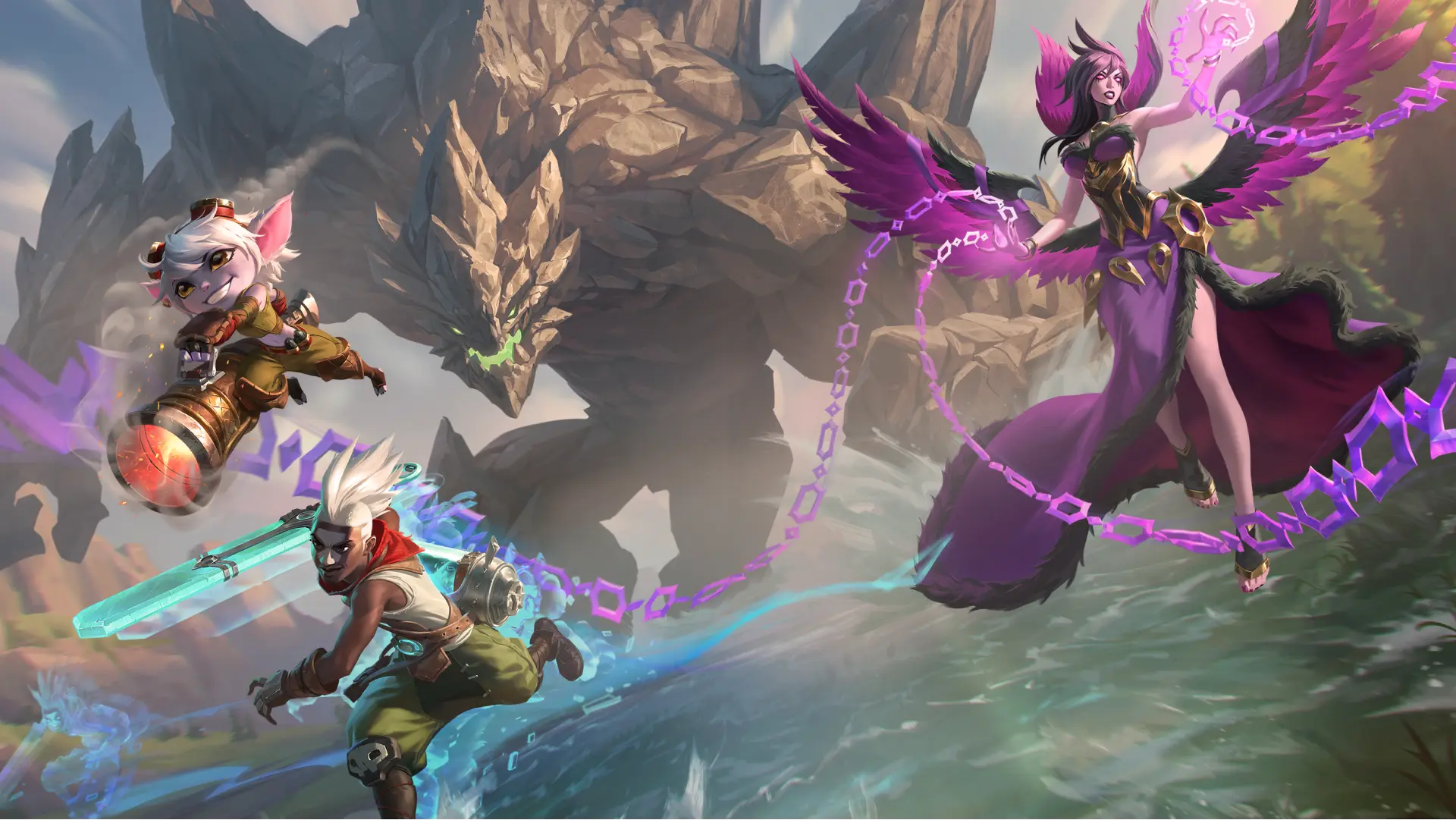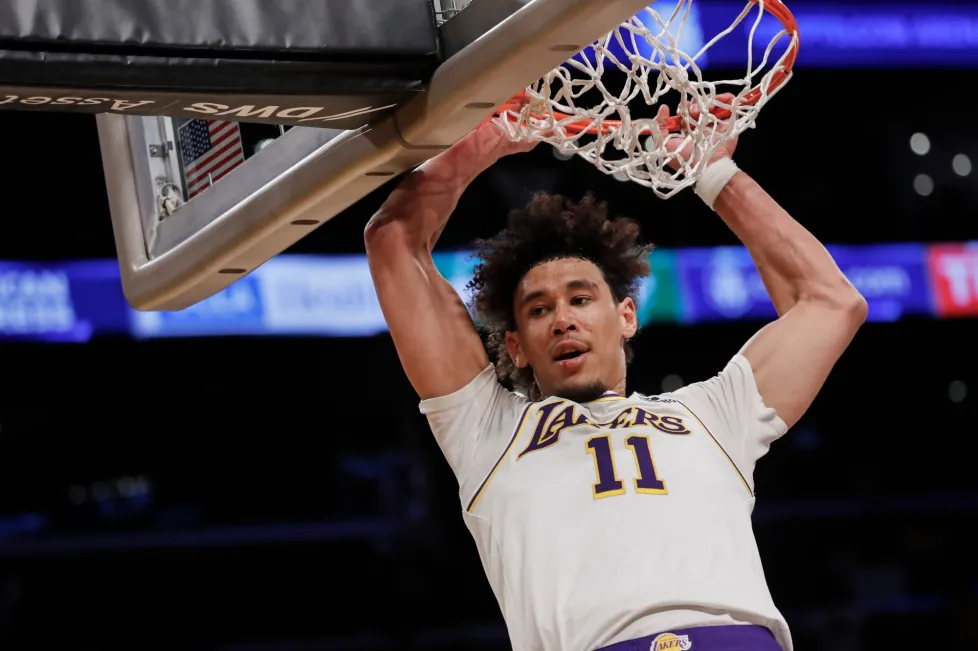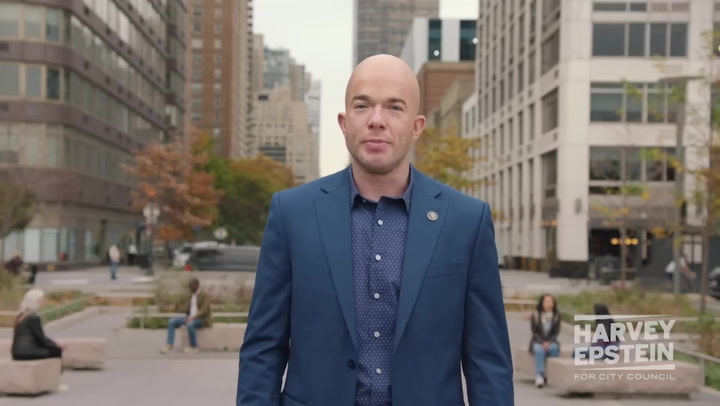On November 2, 2024, a highly anticipated appearance on Saturday Night Live featured Vice President Kamala Harris joining comedian Maya Rudolph. Their collaboration was not only entertaining but also served as a reminder they are indeed not the same person. This skit followed their previous interactions and lighthearted moments that have resonated with fans on social media platforms.
The duo recreated a segment from a viral TikTok audio titled "We Are Not The Same Person", a catchy song performed by influencers Danny Gonzalez and Drew Gooden. Harris and Rudolph managed to poke fun at the frequent comparisons made between them, as Rudolph has famously impersonated Harris in various comedic sketches on the show.
In the video shared on their social media, both women synchronously lip-synced to the recorded audio, capturing the humor of the moment while wearing matching outfits. Their expressions and comedic timing sparked laughter not only from the studio audience but also from millions of viewers across the internet.
Kamala Harris, appearing jovial and radiant, joined the laughter as both women harmonized, "And we are not the same person." Their performance highlighted both the levity and accessibility politicians can deliver in engaging with the public, especially as the 2024 Presidential election grew closer.
The song’s creators, Gonzalez and Gooden, had previously released the hit to elucidate their differences after fans made comparisons between them. Given the cultural impact of the song, Harris and Rudolph's playful homage served to create a bridge between politics and entertainment, much needed in today’s political climate.
Following Rudy's musical portrayal of Harris through the years, this collaboration brought RDNA full circle. It was a moment where politics smiled back at pop culture. Harris's clever recognition of her doppelgänger unleashed a wave of cheer, pointing to her sheer wit and charm in the limelight amidst a fierce race for the White House.
Rudolph and Harris Unite for a Common Cause
The collaboration between Kamala Harris and Maya Rudolph extends beyond simple comedic sketches; it's clearly rooted in shared values and a mutual understanding of their roles in society. As Vice President, Harris paves the way for visibility for marginal communities, while Rudolph, through her comedic prowess, shines light and humor on important social topics.
In their skits, they further their messages, using humor to break the ice surrounding typically serious political issues. Both women know the impact of optics in modern politics, especially as they explore the boundaries of stereotypes and engage in powerful advocacy.
This moment is particularly poignant as it comes during the pre-election period, where Harris faces stiff competition in the 2024 race. Both women are role models for many; they showcase how interconnectedness between entertainment and activism can rally support and awareness.
The Power of Social Media in Political Discourse
In the digital age, social media has fundamentally altered political discourse, allowing figures like Kamala Harris to reach diverse demographics. The recreation of the viral TikTok video was a strategic move that capitalizes on trends while addressing contemporary issues faced by voters.
Platforms like TikTok have gained immense popularity, especially among younger voters. By leveraging this trend through a fun collaboration, Harris reinforces her identity as a relatable candidate who understands the importance of cultural moments.
Furthermore, this campaign strategy establishes a deeper connection with voters, showcasing Harris's humor and authenticity. The comedic sketch not only endeared her to young voters but also reminded everyone to engage with the political process in a way that's accessible and enjoyable.
As for Maya Rudolph, her role bridging entertainment and U.S. politics allows her to impact public perception effectively. This sketch demonstrated the ongoing evolution of political participation where humor and media coexist, ensuring voters question and engage with their political reality while having fun.
On November 2, 2024, Kamala Harris and Maya Rudolph took to the stage together on Saturday Night Live (SNL), delighting audiences with a memorable performance that highlighted their similarities and differences. The duo not only entertained millions of viewers but also recreated a popular TikTok audio, adding a modern twist to their comedic appearance. This behind-the-scenes look at their collaboration reveals the unexpected joy and spontaneity that often marks SNL's iconic skits.
Rudolph, famed for her impressions of Harris on SNL, joined the Vice President in a playful video that went viral across social media platforms. Dressed in matching suits, they offered a humorous take on their on-screen personas while establishing their own identities. The lip-syncing performance of “We Are Not The Same Person,” written by influencers Danny Gonzalez and Drew Gooden, brought their comedic talents to the forefront, showcasing how two individuals can be perceived similarly yet possess unique characteristics.
This memorable moment not only entertained fans but also reminded viewers of the evolving nature of comedy and political discourse in today's digital age. By tapping into viral trends and leveraging the powerful platform of SNL, Harris and Rudolph created a significant cultural moment that resonates with the public.
In the weeks leading up to the 2024 elections, Harris's appearance on the show proved essential for maintaining her visibility as a candidate. With just a few days left before Election Day on November 5, her engaging performance was not just a promotion for herself but also a showcase of her personality, humor, and relatability. Results from previous appearances have shown that such entertainment-based strategies can significantly enhance political campaigns.
Moreover, their interaction on SNL was both entertaining and meaningful. Harris's character on the show, engaging directly with Rudolph's portrayal of herself, highlighted important issues faced by women of color in the political arena. This portrayal serves as an empowering reminder for many who identify with their experiences, specifically targeting and uplifting the voices of diverse communities.
The high-energy skit concluded with the famous SNL sign-off, “Live from New York, it’s Saturday night!” Leaving the audience excited and eager for more, it reinforced the show's tradition of blending humor with contemporary issues. Harris's ability to keep the mood light while discussing relevant subjects reflects her unique approach to politics and public engagement.
As this unique collaboration gained traction online, the public's response translated into social media buzz. Clips of their performance circulated rapidly, engaging users across platforms like Instagram, TikTok, and Twitter, where people shared their interpretations and reactions. This online momentum validated the potency of combining humor and political engagement, with both figures successfully creating a lively dialogue among viewers.
Nevertheless, the partnership between Harris and Rudolph is best underscored by their friendship off-screen. Both women have openly supported one another's careers and projects, which is evident in their shared enthusiasm for their SNL skit. By laughing together and sharing these comedic moments, they strengthen the significance of solidarity among women in various fields, particularly in politics and entertainment.
The recurring themes in their performances, humor, and shared identity have significantly shaped how audiences perceive their individual journeys. This summerized narrative of camaraderie and respect culminated on SNL that night, blending politics and pop culture seamlessly.
As we reflect on this remarkable appearance, it is essential to acknowledge the wider implications of what these moments represent within the current political landscape. By stepping into the spotlight, Harris and Rudolph challenge the traditional norms of politics and public service, emphasizing that leaders can also connect with the public through laughter and shared experiences.
Moreover, this critical intersection between entertainment and politics beckons audiences to consider the larger picture—the evolving roles of public figures, influencers, and their impact on our collective engagement with politics. Through both their viral SNL performance and social media interactions, Kamala Harris and Maya Rudolph continue to inspire others while entertaining and resonating with the public in a meaningful way.




.webp)

